Ekiti State Governor and Chairman of Nigerian Governors’ Forum, Dr Kayode Fayemi has tasked fellow elective officers to take seriously the issue of Nigeria’s unity and reistates the need for the nation to remain indivisible.
Fayemi made this assertion during the National Unity Summit organised by the group known as The National Prosperity Movement with the theme “Nigeria: The Imperative of Unity” held at the Nigeria Air Force Conference Center, Abuja on Wednesday.
Fayemi urged leaders to ensure their policies are driven by fairness and equity in a bid to stave off ethnic suspicion and division in the polity.
“Our commitment to these values must not simply be minimalist – doing only the barest minimum required of us by the constitution – or token – just for the sake of playing to the gallery – or even rhetorical – through the paying of lip service.
“Our commitment must be robust, consistent, and demonstrable so that citizens have absolutely no doubt about the important place they occupy in our policy and political priorities. As leaders, we must not only embody the ideals of national unity but also be seen to be their active torchbearers at all times. This way, we build popular trust in our actions and erase doubts about our intentions.
“In the face of some of our recent challenges, I have often shuddered at the spectacle whereby some among us who have been entrusted with leadership responsibility very easily slide into the role of ethno-regional champions, xenophobes, and zealots. While it is normal that leaders must have their ears to the ground and feel the pulse of the people who have elected them – imbibing, reproducing, and spilling out raw and crude bile and pushing scorched earth solutions crosses the line of representation to become an exercise in the shirking of responsibility.
“Unlike the bulk of their followers, leaders are positioned and privileged to know that in matters of the nation- and state-building, the world is far more complex than the simple and many atimes simplistic binary divisions that are frequently deployed to oppose black and white. Leaders must truly lead by using the broader, more complex, and better-nuanced understanding they have to help moderate and modulate seasons of deep division in the polity, rather than becoming the ones who add fuel to a raging fire.”
In the light of calls for different ethnic groups to have their sovereignty, Fayemi believes that the nation Nigeria will continue to be binded.
“All things considered, I believe that most of us will easily and effortlessly opt to be part of and live in a united Nigeria as long as it can be made to work for us in equity, justice, inclusivity, and harmony. I submit that the duty of ensuring that type of a united country belongs to all of us collectively even if leaders at all levels and from various walks of life also carry a special responsibility.
“For a people who have been in interaction with one another through commerce, migrations, diplomacy, religion, and inter-marriages centuries before the onset of colonial rule and the Amalgamation of 1914, it is clear that innumerable webs of interconnection and interdependence have been woven over the ages that have served as important glues in the fabric of the country.
“Indeed, based on the evidence of history and the contemporary sociological patterns of our country, it is incontestable that we have at least as many ties – if not more – that bind us together as differences that arise from time to time to pitch us against one other.
“For those commentators who have often wondered aloud how and why in the face of recurrent episodes of adversity, the Nigerian centre still manages to hold where in other countries faced with far lesser and fewer challenges they buckle precipitously and even flounder, they may wish to look more closely at the many tangible and intangible ties that form the strong underlying bond that holds the country together.”
Keynote speaker at the occasion, Professor Attahiru Jega who was the former Chairman of the Independent National Electoral Commission (INEC) sensationally declared that Nigeria’s military regimes has fared better than the civilian leaders.
“In any case, the attention paid to the question of national unity and integration by successive military regimes has not been matched by successive civilian administrations.
“Except for sloganeering in the Third Republic, when Shehu Shagari as NPN’s presidential candidate, and subsequently as president, popularised the slogan of “One Nation, One Destiny”, subsequent civilian administrations, especially since 1999 seems to have, more or less, presided over the undermining if not the destruction of the bases and foundations of national unity and integration in Nigeria.”
The Sultan of Sokoto, Muhammadu Sa’ad Abubakar, represented by the Emir of Keffi, Alhaji Sheu Yamusa 111 stated: “the needed unity, makes national cohesion and consensus much easier.
“National unity is one of the most effective weapons for prevention of crisis that could drain a nation resources.”
The Sultan advised Nigerians to begin to see diversities as an asset rather than an encumbrance to national development and growth.
“Diversity is a fortune and it must be managed very well to reap its fortune. Some of the problems we blame on our diversities are actually as a result of our failure to manage our diversities.”
Izuchukwu Okosi is a Nigerian sports and entertainment journalist with two decades of experience in the media industry having begun his media journey in 2002 as an intern at Mundial Sports International (MSI) and Africa Independent Television (AIT), owners of Daar Communications Plc.

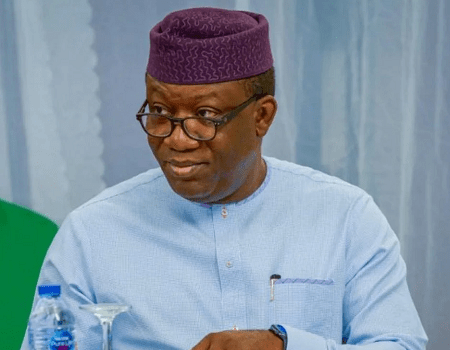


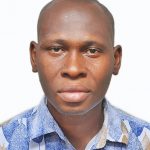
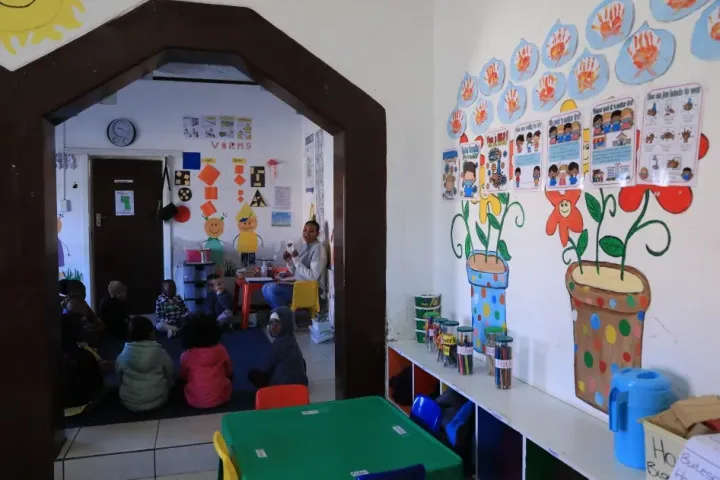

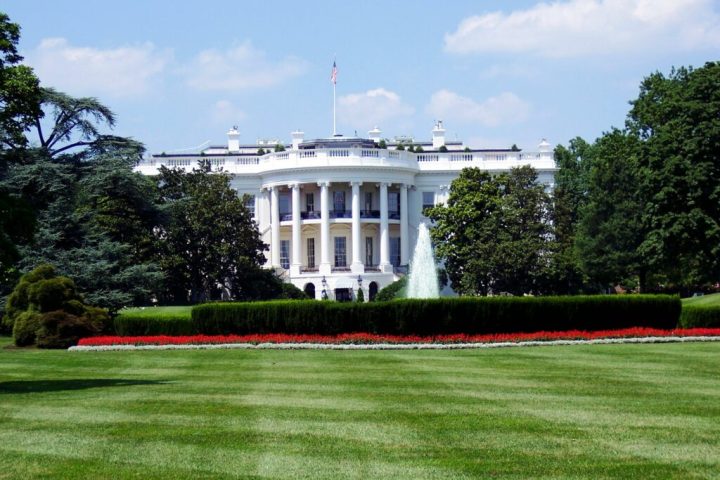
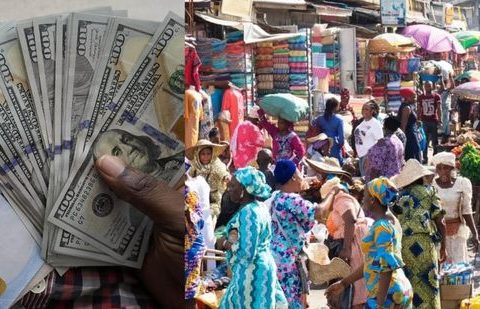
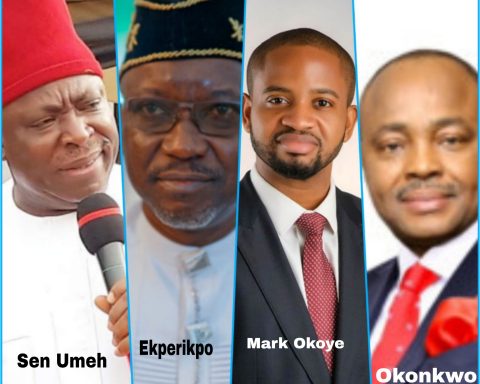


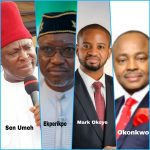
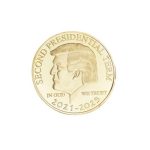
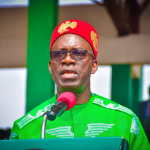

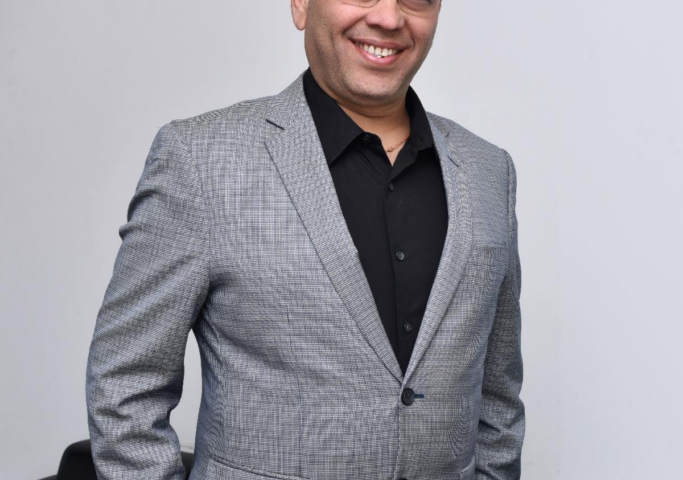

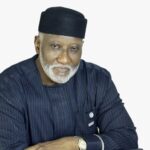
Follow Us